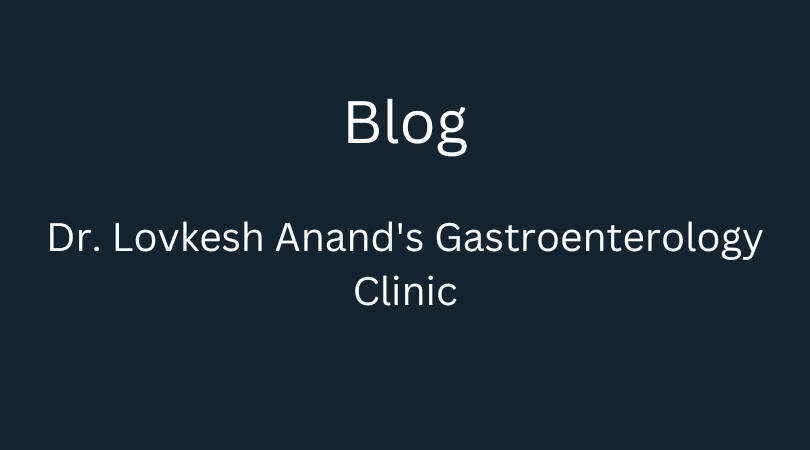The liver is one of the most vital organs in the human body, responsible for detoxification, metabolism, and digestion. Liver failure can be life-threatening and is often caused by chronic liver diseases, viral infections, excessive alcohol consumption, and obesity. Fortunately, liver failure is preventable with the right lifestyle choices and medical care. Here’s expert advice on how to keep your liver healthy and functioning optimally.
1. Maintain a Healthy Diet
Eating a balanced diet rich in fruits, vegetables, whole grains, and lean proteins can support liver health. Avoid processed foods, trans fats, and excessive sugar intake, as they contribute to fatty liver disease. Opt for foods high in antioxidants and fiber, such as leafy greens, berries, and nuts, to promote liver detoxification.
2. Stay Hydrated
Drinking plenty of water helps flush toxins out of the body and reduces the burden on the liver. Aim for at least 8 glasses of water per day to keep your liver functioning efficiently.
3. Limit Alcohol Consumption
Excessive alcohol intake can lead to liver cirrhosis and failure. Stick to moderate drinking—no more than one drink per day for women and two for men. If you have liver disease or are at risk, it’s best to avoid alcohol completely.
4. Exercise Regularly
Physical activity helps maintain a healthy weight and prevents non-alcoholic fatty liver disease (NAFLD). Aim for at least 30 minutes of moderate exercise, such as brisk walking, cycling, or yoga, most days of the week.
5. Avoid Toxins and Unsafe Medications
Overuse of painkillers, such as acetaminophen, and exposure to harmful chemicals can damage liver cells. Always take medications as prescribed, and avoid unnecessary use of herbal supplements without consulting a doctor.
6. Get Vaccinated
Hepatitis B and C infections are major causes of liver failure. Vaccination against hepatitis B and regular screenings for hepatitis C can prevent severe liver damage.
7. Manage Chronic Conditions
Diabetes, high blood pressure, and high cholesterol can affect liver health. Proper management of these conditions through diet, exercise, and medication can reduce the risk of liver complications.
8. Regular Liver Check-ups
Routine liver function tests can help detect early signs of liver disease. If you experience symptoms such as fatigue, jaundice, or unexplained weight loss, consult a doctor immediately.
Conclusion
Taking care of your liver is essential for overall health and well-being. By making healthy lifestyle choices, staying proactive with medical check-ups, and avoiding harmful habits, you can prevent liver failure and ensure a long, healthy life. If you’re at risk of liver disease, consult a healthcare provider for personalized guidance.


